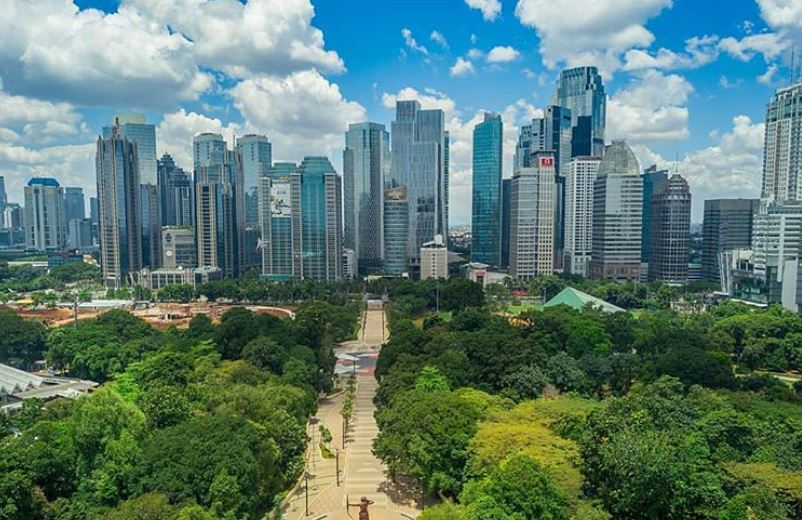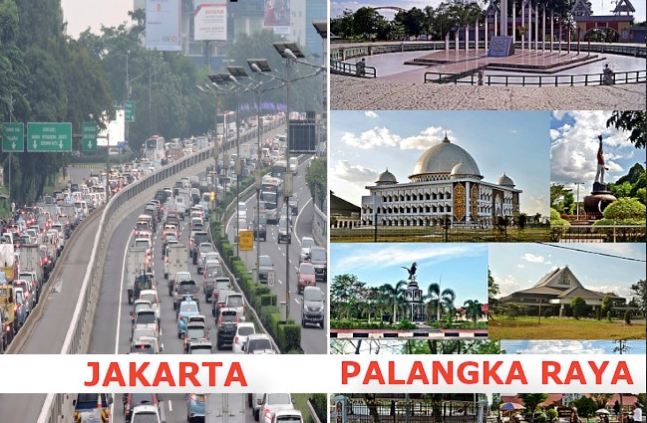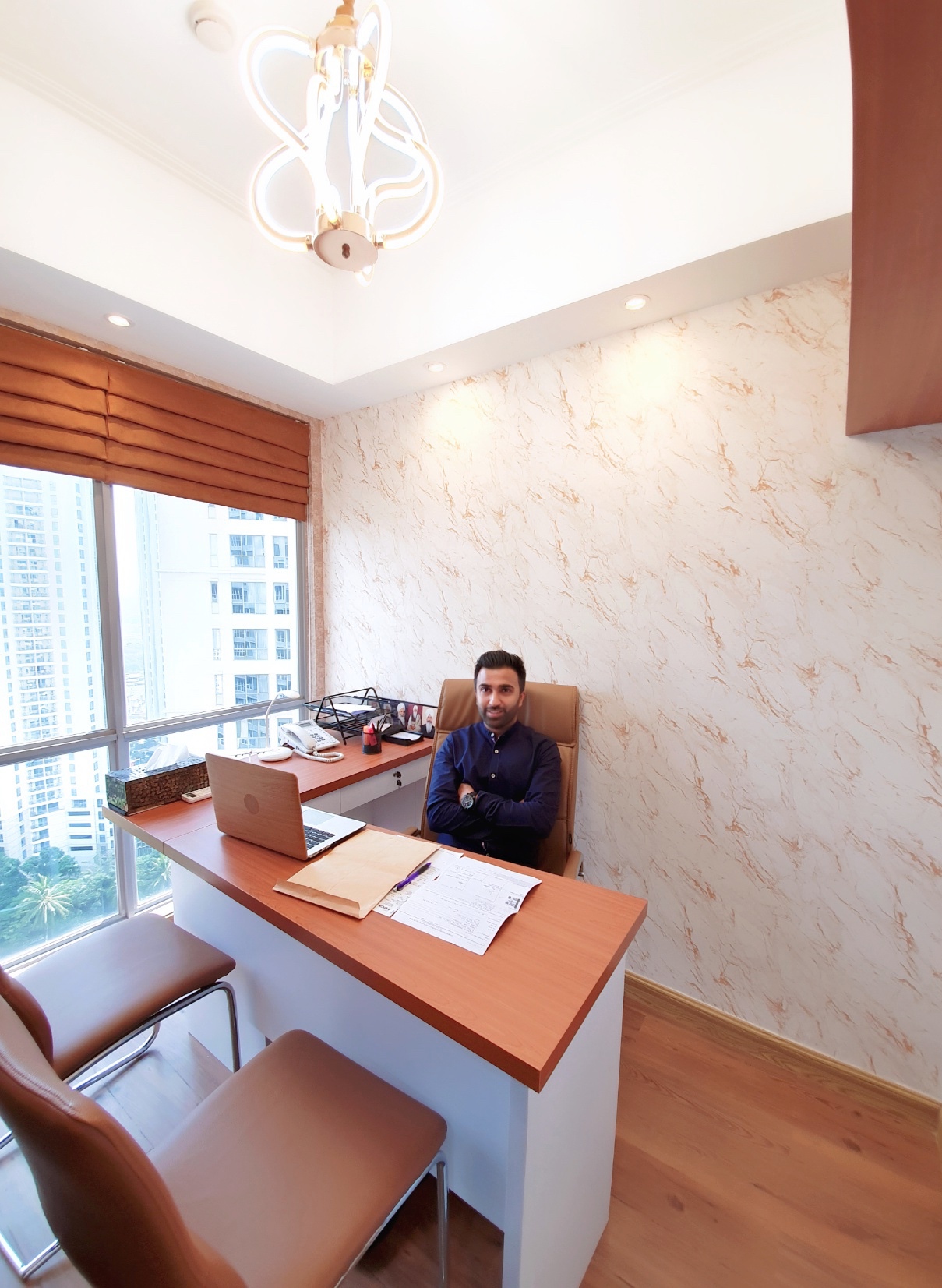Buying a house is the biggest dream of the Indian higher or middle class. A house is the biggest investment that one makes in one’s life. Also there are few feelings that match the pride of owning a house. Unlike before, the dream of owning a house is not distant anymore.
A number of studies in the recent past have highlighted the growing attractiveness of India as an investment destination.
However, the most important question is how to protect the possession of immovable property purchased by Non-Resident Indians with their hard earned money and with future ambitions and aspirations. Non-Resident Indians are spread over the entire globe. Dream of owning a house in India is always lingering in their minds. However, at the same time a fear factor of safety of property owned by them, sometimes discourages them from owning a house in India.
It is true that laws relating to property in India are quite adequate to remove this fear factor from their mind. There is rule of law in India. It connotes the undisputed supremacy of law and envisages a state of things in which everyone respects the law and where law has to be followed by everyone collectively and individually. This supremacy of law is designed to give security to the rights of individual who are the citizens of a democratic state. Right means a legally protected interest. Law can protect the possession of property in two different ways. Firstly, the possessor can be given certain legal rights, such as a right to continue in possession free from interference from others. Secondly, the law can protect possession by prescribing criminal penalty for wrongful interference/dispossession. By such civil and criminal remedies the law can safeguard a person’s de facto possession. Possession in fact (possession naturalism) and possession in law (possession civilise) are not always identical. It may exist in fact, but not in law. It may exist in law and not in fact, i.e. constructive possession.
Despite the strong adequate and effective property protection laws in India, there are complaints such as unattended houses and open lands in many parts of India continue to remain susceptible to trespass and encroachments. Specially open land is an easier target for encroachment as it is normally bought for the purpose of investment/appreciation and left unattended for longer period of time, so also houses and flats of Non-Resident Indians tend to become soft targets for easy encroachments due to the long absence of Non-Resident Indians.
There are different ways in which illegal occupation can take place. When squatters and anti-social elements prepare forged documents and challenge the owner’s legal right on the property and to force them a sale at a distressed value. Generally such illegal and forceful possession is taken with the connivance of local authorities. Secondly, a tenant or lessee forcibly over stays, illegally continues in occupation and refuses to vacate even after the expiry of tenancy or lease period.
Ways of protecting your property:
1. A Non-Resident Indian can execute a power of attorney in favour of his trusted friend or relative, who can keep a regular check on the property.
2. Keep all the original documents pertaining to your property such as registered sale deeds, possession letters, various tax bill, maintenance receipts, electricity and telephone bills, etc in your custody.
3. Avoid executing any document such as tenancy agreement, lease agreement, care taker agreement without the help of a competent local lawyer. Read the fine prints carefully, enquire about the local or state laws regarding tenancy or eviction of tenants etc. before signing any documents.
4. Inform the local police in writing about your property and your absence from India. If you have executed a tenancy agreement, get it registered and submit a photocopy to the local police station. It will be of great advantage to know a local lawyer in case of any problems.
5. As far as possible be in touch with your neighbours in the building or locality so that they may be able to notify you in case they suspect any illegal activities or illegal possession of your premises by anti-social elements. Keep visiting the property at periodical intervals so locals know that your property is not a soft target.
In case of such eventuality it is advisable to take immediate appropriate, necessary legal action to protect your property from encroachment. Delay in taking legal action may aggravate the situation.






